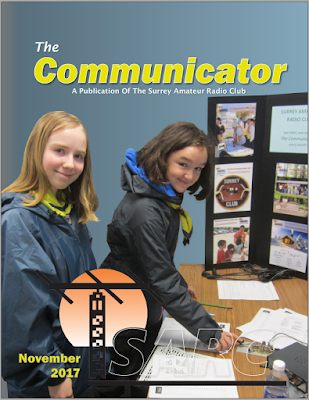Some English Content... Excellent Articles
The Dutch Kingdom Amateur Radio Society (DKARS) is a foundation to defend the interests of Radio amateurs within the Kingdom of the Netherlands. They publish an excellent monthly magazine which is mostly in Dutch, but with a few English articles. Many of the articles are technical. It is not difficult to cut text from the .PDF file and paste it into a translator like Microsoft or Google so anyone can read it.
The Editor writes:
DKARS does not copyright and you may freely send this link to as many radio-friends as possible. DKARS Magazine normally appears every month and we appreciate any contributions that are radio amateur related.
On behalf of the Dutch Kingdom Amateur Radio Society I wish you a lot of reading pleasure after you click on the link below:
Link to the December issue.
Would you rather download a PDF to browse the Magazine on-line? If so, go to this link:
on behalf of the DKARS
Peter Dan
PJ4NX and PA3CNX
Secretary DKARS















